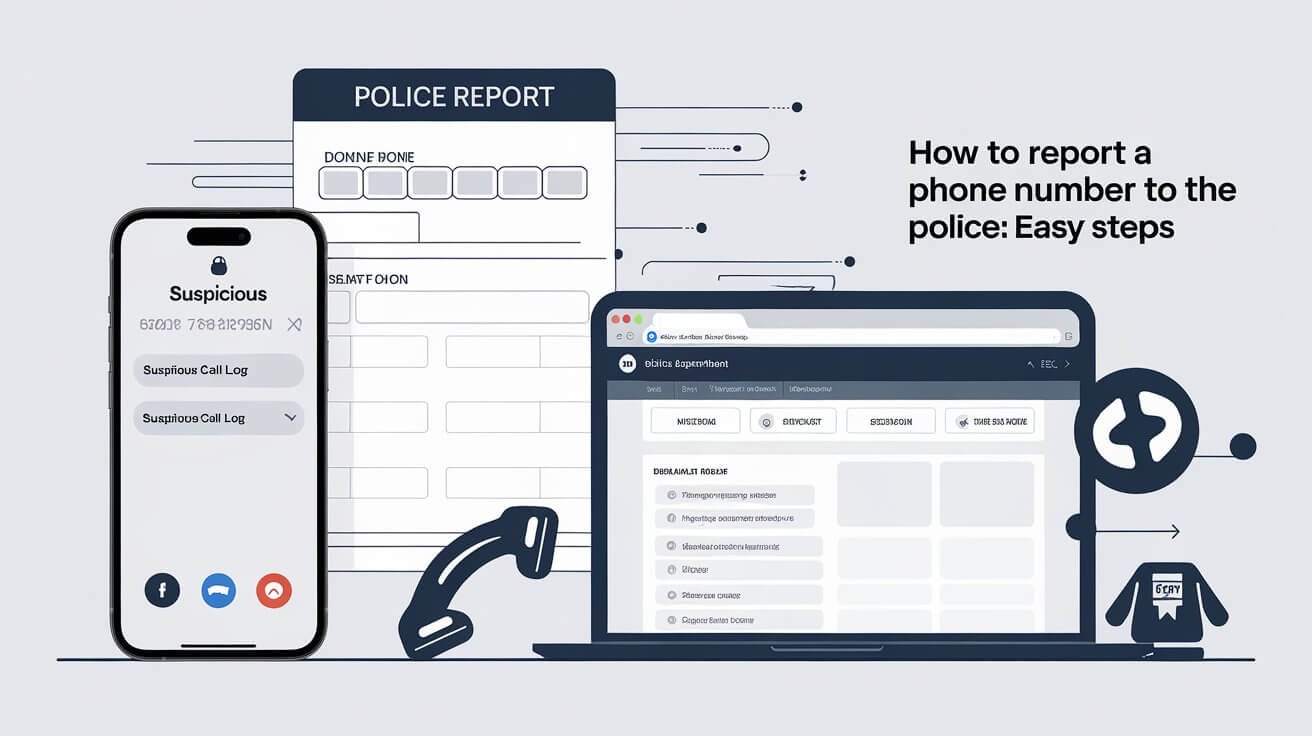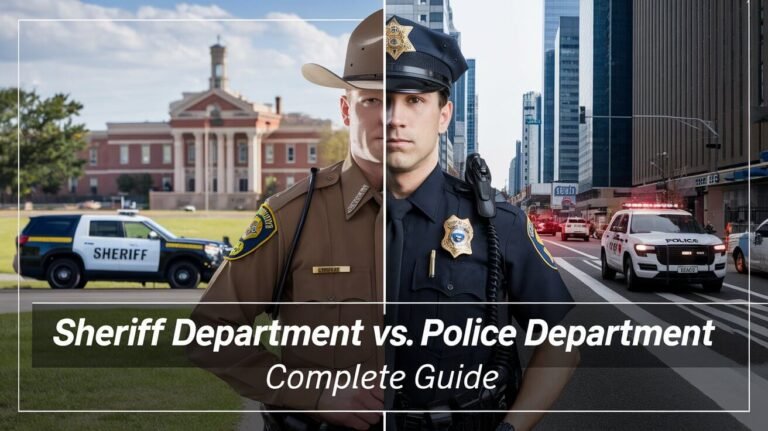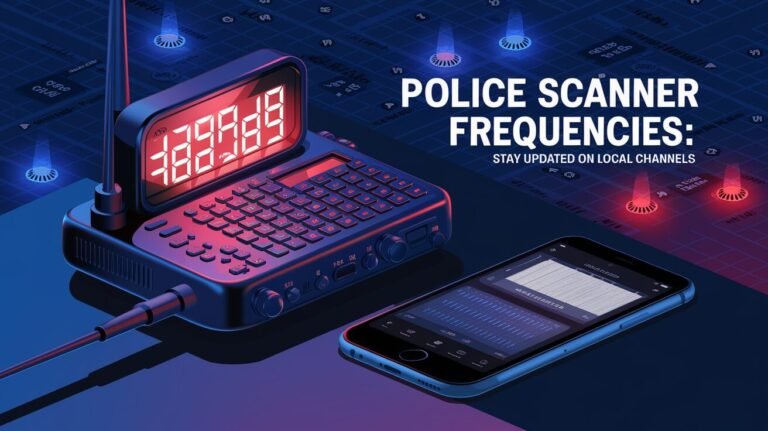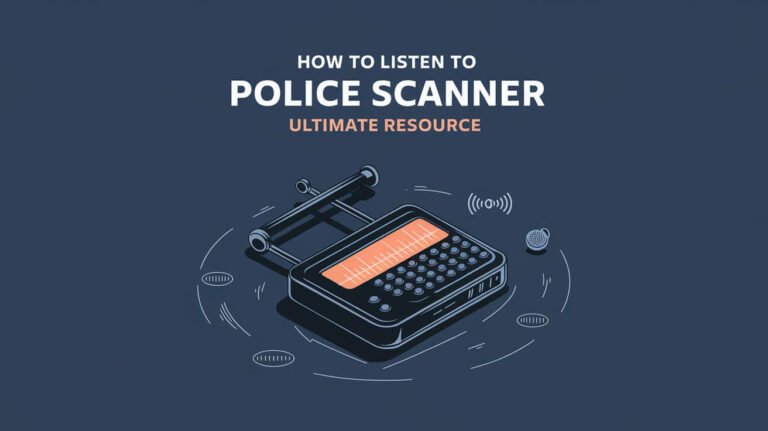How To Report A Phone Number To The Police: Easy Steps

Ever been scammed or harassed over the phone? Reporting the number to the police is key to stopping it. But, do you know how to do it right? This guide will show you how to report a phone number to the police. We’ll make sure your concerns are heard and justice is done.
Identifying Phone Harassment and Criminal Behavior
Phone-based crimes include phone harassment, scams, threats, and cyberbullying. It’s key to spot serious phone harassment to protect yourself and seek legal help.
Types of Phone-Based Criminal Activities
- Phone Harassment: Persistent, unwanted calls, often to annoy, threaten, or manipulate.
- Scams: Calls to trick victims into sharing personal info or money.
- Threats: Calls with threats of harm, violence, or extortion.
- Cyberbullying: Using phone calls, texts, or voicemails to harass or intimidate.
Signs of Serious Phone Harassment
Watch for these signs of phone harassment:
- Persistent, unwanted calls, even after asking the caller to stop.
- Threats of physical harm, property damage, or criminal acts.
- Attempts to manipulate, extort, or coerce through phone calls.
- Calls that cause significant distress, fear, or disrupt your life.
Legal Definitions of Phone Harassment
The legal definition of phone harassment varies by state. It usually means repeated, unwanted contact causing emotional distress or fear. Know your local laws to understand your rights and when to call the police.
Emergency Situations: When to Dial 911
When you face danger, life-threatening situations, or ongoing crimes, call 911 right away. This number is ready 24/7, 365 days a year. It guarantees quick police help in emergencies.
If the emergency is not in your area, call the local police. Look up their 10-digit number online. Then, call them quickly to get help.
| Emergency Situation | Recommended Action |
|---|---|
| Fires, medical emergencies, mental health crises, serious crimes, car accidents with injuries | Call 911 immediately |
| Crimes that have already occurred, car accidents with no serious injuries, lost personal property | Call the non-emergency number (typically 311) |
| Need for local community resources (food, housing, health, financial help) | Call 211 for 24/7 assistance in many languages |
When you call 911, have your name, phone number, and emergency details ready. You can stay anonymous if you want. If you’re worried about police, know your rights, stay calm, and think about getting a lawyer.
Remember, calling 911 is free. The operators are always ready to help you in emergencies.
How To Report A Phone Number To The Police
If you’ve been a victim of phone harassment or crime, telling the police is key. Giving them all the details helps them look into it and might lead to legal action.
Required Information for Filing
When you report a phone number to the police, have these ready:
- Dates and times of the harassing or criminal phone calls or messages
- Content of the calls or messages, including any threats, demands, or inappropriate language
- The phone number(s) involved, if available
- Your personal information, such as your name, address, and contact details
Documentation Methods
It’s important to document the harassment or crime well. Make sure to:
- Save any text messages, voicemails, or call logs related to the incident
- Take screenshots of any relevant messages or call records
- Keep a detailed written record of the date, time, and content of each phone interaction
Evidence Collection Tips
Collecting more evidence can help your case:
- Record any phone calls or voicemails (where legal)
- Obtain witness statements from anyone who was present or aware of the harassment
- Gather any other relevant evidence, such as receipts, emails, or social media posts
Giving the police all the information and evidence, you can help them solve the case better.
Common Phone Scam Tactics and Red Flags
Phone scams are a big problem, with scammers always coming up with new ways to trick people. It’s important to know the common tricks they use to stay safe.
One trick is when scammers pretend to be from trusted places like the government or banks. They might say you owe money or have a debt, and ask for it right away. They might also promise fake prizes or investments, trying to rush you into a decision.
- Scammers usually want you to pay in ways that are hard to get your money back, like gift cards or cryptocurrencies.
- They might scare you into doing what they say, saying bad things will happen if you don’t.
- They often ask for personal info, like your Social Security number or bank account details, which is a big warning sign.
To stay safe, be careful of calls you didn’t ask for, and watch out for calls from places that seem too good to be true. Always check if the caller is real by calling the place themselves before giving out any personal info or paying anything.
Knowing the tricks scammers use and being careful with calls, you can keep yourself and your family safe from these scams. This helps protect your money and your peace of mind.
Local Law Enforcement Reporting Procedures
Reporting a phone-related crime or harassment to the local police is key. First, find your nearest police station or precinct. You can check their website or call their non-emergency number for the right contact info.
Finding Your Local Police Department
Many police departments have online directories to find the right station. Just enter your address or zip code. The system will show you the correct local law enforcement agency.
Steps for Filing a Police Report
- Visit the police station or call the non-emergency number to report the incident.
- Give all the details about the phone-based crime or harassment. Include any evidence you have.
- Ask for a copy of the police report. Also, note the officer’s name and badge number for later.
- Some departments let you file reports online for non-emergency cases.
Reporting phone-related crimes or harassment to the local police is important. It helps address the issue and keeps you safe. By filing a police report, you aid in the investigation. This might stop more problems from happening.
Federal Resources for Phone Crime Reporting
If you’ve been a victim of phone scams or harassment, there are places to report it. The FBI’s Internet Crime Complaint Center (IC3) at www.ic3.gov helps with internet crimes. For identity theft or consumer complaints, call the Federal Trade Commission (FTC) at 1-877-FTC-HELP or visit www.ftc.gov. These agencies offer support and may look into big scams.
The National Center for Missing and Exploited Children hotline is at 800-843-5678 (800-THE-LOST). The National Domestic Violence Hotline is at 1-800-799-7233 for calls and 1-800-787-3224 for TTY. The National Human Trafficking Hotline is at 888-373-7888 for voice and TTY.
The Department of Homeland Security’s Human Trafficking Prosecution Unit has a toll-free number at 866-347-2423 and a non-toll-free international line at 802-872-6199. The RxAbuse hotline for illegal drug trafficking is at 877-792-2873.
The FBI also has hotlines for hate crimes. The Bureau of Alcohol, Tobacco, Firearms and Explosives (ATF) has hotlines for their area. The Disaster Fraud Hotline is at 866-720-5721, and the National Elder Fraud Hotline is at 833-372-8311.
For reporting waste, fraud, abuse, or misconduct, call the FBI hotline at 800-225-5324. The Antitrust concerns hotline is at 888-647-3258 or 202-307-2040. The Civil Rights Reporting Portal is for submitting discrimination complaints.
Always call 911 first in emergencies. These federal resources offer help and investigation for phone crimes.
Anonymous Reporting Options
Many communities have anonymous reporting options to help fight crime. These allow people to share important information without revealing who they are. This is a big help in preventing and solving crimes.
Crime Stoppers Programs
Crime Stoppers is a program that asks people to report tips about crimes. They offer rewards for tips that help catch criminals or stop crimes. You can call a hotline or use their online form to share tips safely.
Online Reporting Platforms
There are also online tools for reporting crimes anonymously. These sites let you share tips about crime prevention and anonymous tips safely. Some even let you check on your report without revealing your identity.
It’s important to find out what options are available in your area for confidential reporting. Many police and community groups have info on their websites. Using these safe ways to report can help keep your community safe.
Protecting Yourself During the Reporting Process
When you report phone harassment, keeping yourself safe is key. Be careful with your personal info, as scammers might use it for more harm. Think about using a different phone or email for talking to the police to keep your privacy.
Telling close friends or family about the harassment is also important. It gives you emotional support and helps keep you safe. If you’re really scared, look into victim protection services or restraining orders with your local police or support groups.
- Take steps to protect your personal info and privacy
- Use a special way to talk to the police
- Get help from people you trust and look into victim support
- Watch out for any signs of threats getting worse
Focusing on your safety and privacy, you can feel more secure while reporting the harassment. Remember, your safety is the most important thing as you deal with the harassment.
Legal Rights and Phone Harassment Laws
Understanding legal protections is key when facing phone harassment. Laws about phone harassment vary by state. They often fall under stalking or harassment laws. Federal laws, like the Telephone Consumer Protection Act, also offer protection against unwanted calls.
State-Specific Regulations
Laws on phone harassment differ from state to state. For instance, in Ohio, first-time offenders face a misdemeanor charge. But, repeat offenders can be charged with a felony. Also, companies helping with investigations are protected from lawsuits.
Federal Communication Laws
The Telephone Consumer Protection Act (TCPA) is a major federal law. It stops certain automated calls, like robocalls, without consent. It also protects some media workers from certain harassment laws.
Knowing both state and federal laws helps you understand your rights. This knowledge is important for protecting yourself and taking legal action against harassers.
Taking Action After Filing a Report
After you report a phone number to the police, it’s important to stay active. Keep in touch with the officer or detective to get updates. Also, write down all your talks, new problems, and any extra proof you find.
If the trouble doesn’t stop after you report it, tell the police right away. Talk to them about getting more help or legal steps. Your safety is the most important thing.
Looking for help from groups that support victims or counseling can be a big help. These places offer great advice, resources, and emotional support. They can help you deal with the harassment and its effects.
| Key Steps After Filing a Report | Purpose |
|---|---|
| Follow up with the assigned officer or detective | Stay informed about case updates and provide any new evidence |
| Document all communications and new incidents | Maintain a comprehensive record to support the case |
| Inform law enforcement if harassment continues | Discuss additional protective measures or legal actions |
| Seek support from victim advocacy groups or counseling services | Obtain guidance, resources, and emotional support |
Taking these steps, you can help solve your case and get the support and safety you need.
Working with Phone Carriers and Service Providers
If you’re dealing with annoying phone calls or criminal behavior, start with your phone carrier. Many service providers have strong support for these issues. They offer call blocking and number tracing, helping you fight unwanted calls.
Carrier Support Services
Call your phone company’s customer service to learn about their tools. They can block numbers, filter out spam, and trace calls. They might also help document harassment, which is key for legal action.
Call Blocking Options
Look into call blocking features from your carrier and third-party apps. These tools help block suspicious numbers and manage your calls. Being proactive can greatly reduce harassment and scams.






